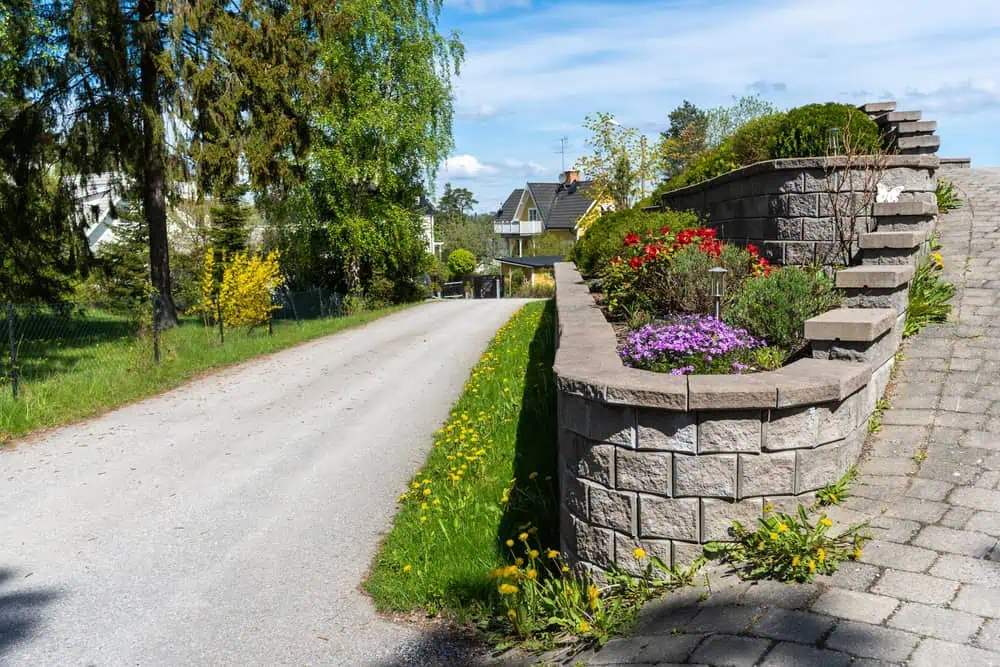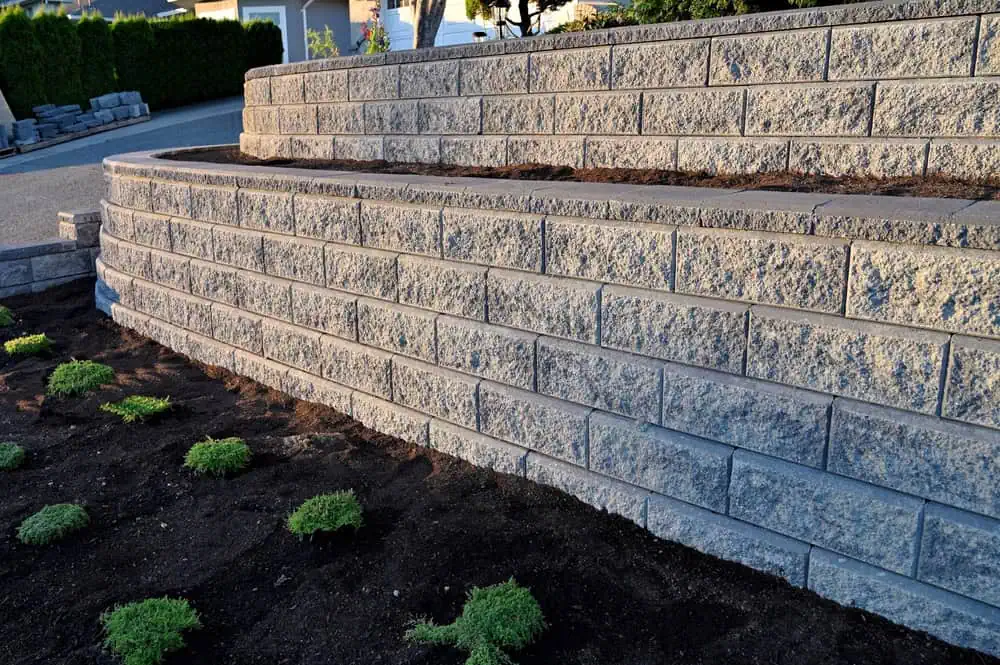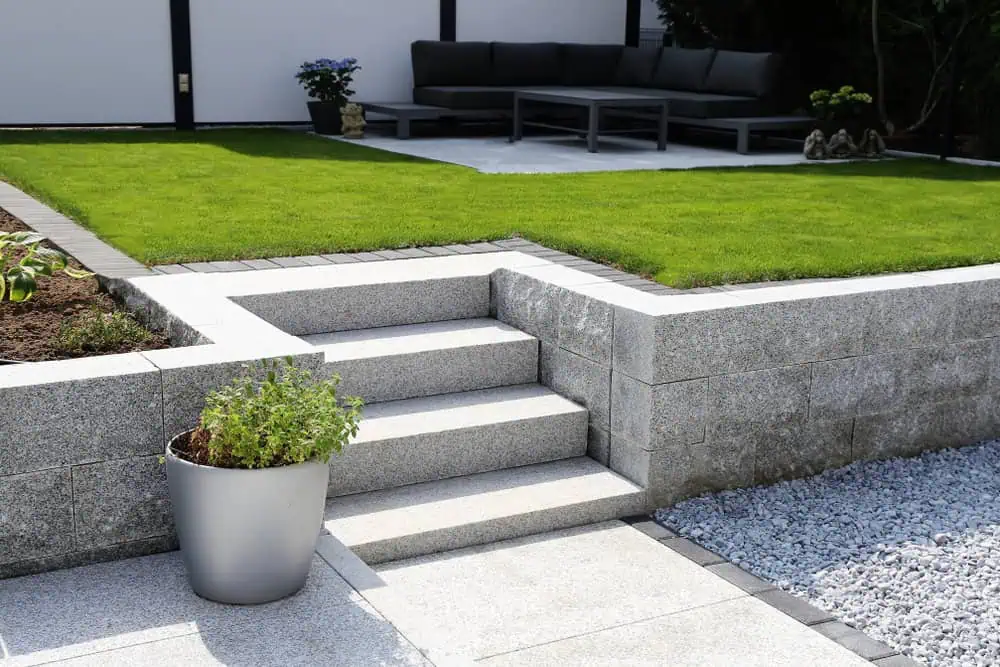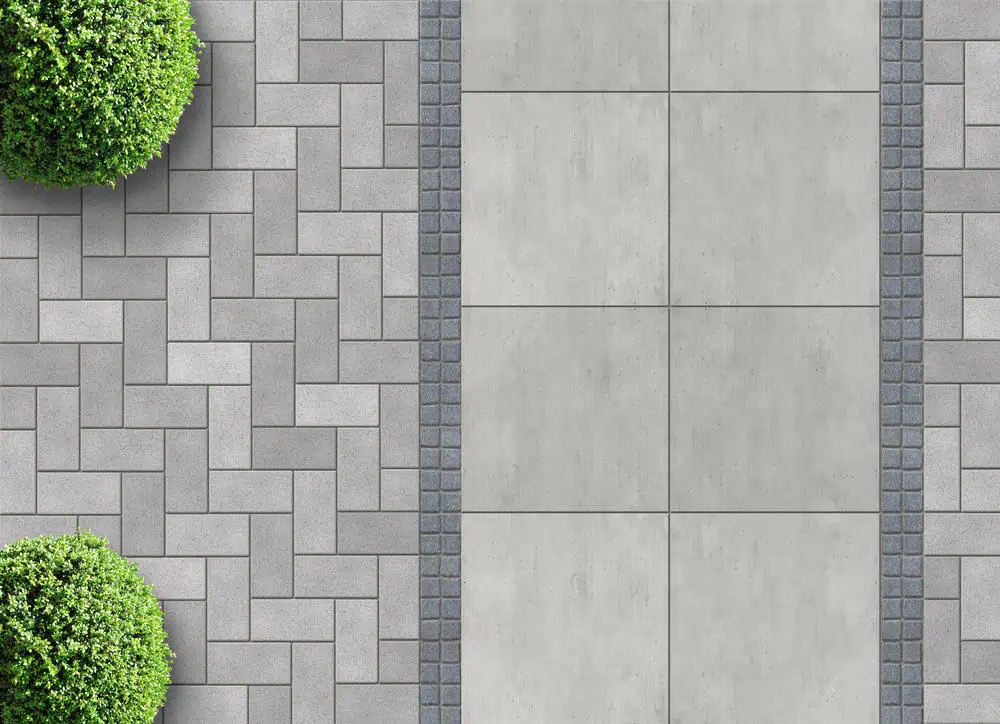Professional masonry services that withstand harsh coastal weather and deliver lasting value to your property.


You get stonework that doesn’t crumble after the first freeze-thaw cycle. Your retaining walls stay straight. Your chimney doesn’t leak water into your living room during the next nor’easter.
Quality masonry means your property value goes up instead of dealing with expensive repairs every few years. When we build or repair your stonework, walkways, or outdoor spaces, you’re looking at decades of durability.
The difference shows up when your neighbors are calling contractors every spring to fix winter damage, and you’re not. That’s what happens when masonry is done right the first time with proper materials and techniques that actually work in Massachusetts weather.
Academy Masonry has been serving Winthrop and the surrounding communities with professional masonry services. We understand what it takes to build stonework that survives coastal weather conditions and freeze-thaw cycles.
We’re licensed, insured, and focused on doing the job right. No disappearing acts, no cutting corners on materials, no surprises with pricing.
Our work speaks for itself throughout Winthrop – from residential chimney repairs to commercial stonework projects that need to last.

First, we come out to look at what you need. We measure, assess the existing conditions, and give you a clear estimate with no hidden costs. You know exactly what you’re getting and what it costs upfront.
Once we start, we prep the area properly – this matters more than most people realize. Poor prep work is why masonry fails. We use quality materials designed for New England weather and apply proven techniques that prevent water infiltration and structural issues.
We keep you updated on progress and clean up as we go. When we’re done, you get stonework built to last decades, not just seasons. Most importantly, we finish what we start – no half-completed projects or excuses.

Ready to get started?
We handle everything from small brick repairs to complete stone installations. Chimney work, retaining walls, walkways, patios, foundation repairs, and new construction masonry projects.
Each service uses the same approach – proper materials, proven techniques, and attention to the details that make masonry last in Massachusetts weather. We source quality stone and brick that can handle salt air, freeze-thaw cycles, and everything else coastal New England throws at it.
Whether you need emergency repairs or planned improvements, we bring the same level of craftsmanship. Your project gets the materials and techniques it needs to perform for decades, not just look good for a few months.

Local Resources